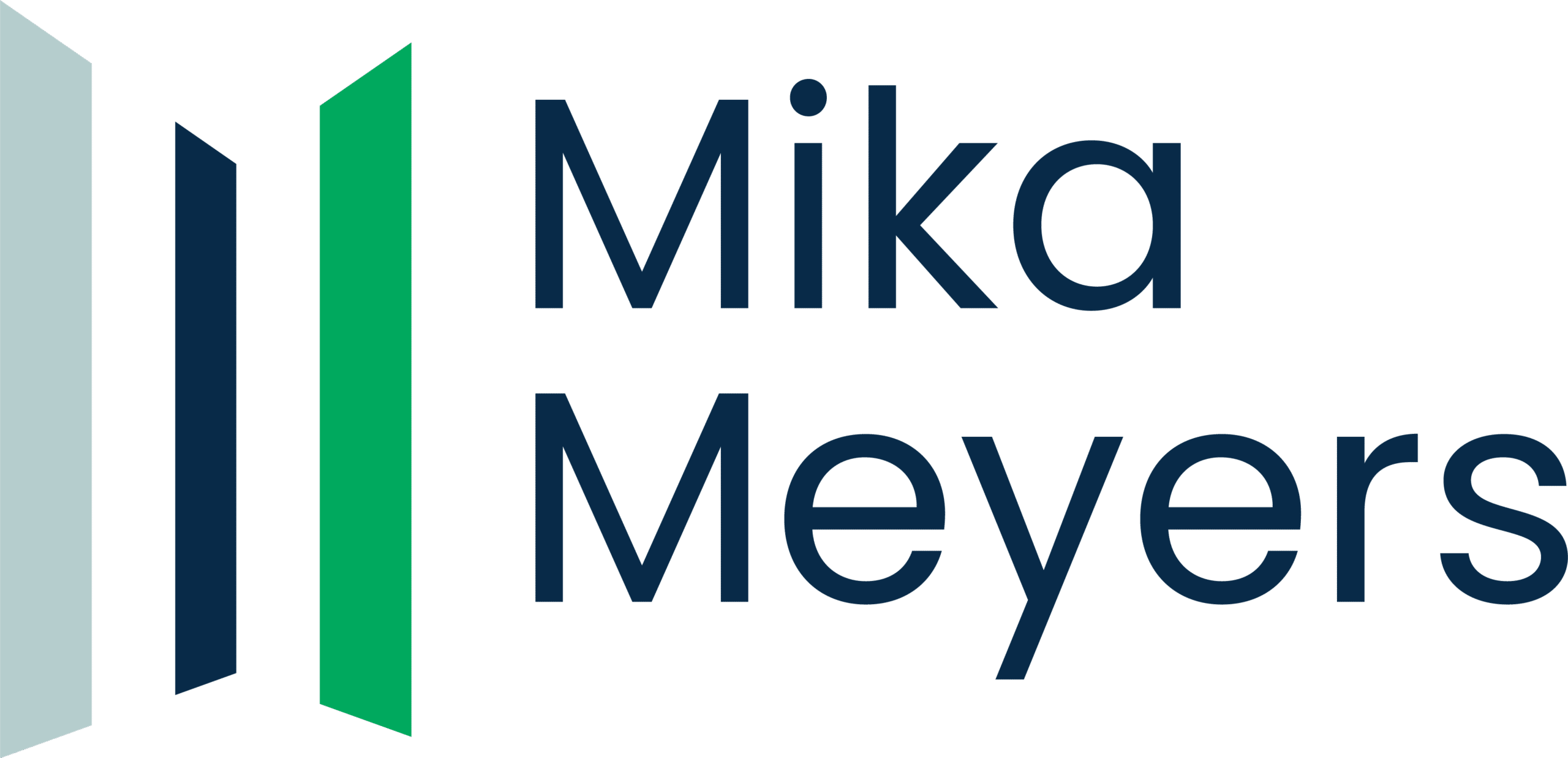The Racketeer Influenced Corrupt Organizations Act (“RICO”) makes it unlawful for “any person” to conduct, or participate in, the affairs of an enterprise affecting interstate commerce “through a pattern of racketeering activity.” 18 U.S.C. § 1962(c). “Racketeering activity” is defined as conduct that is “chargeable” or “indictable” under certain federal or state criminal statutes, including federal mail- and wire-fraud statutes. 18 U.S.C. § 1961. A pattern of racketeering activity requires at least two predicate acts of racketeering activity. Id.
Predicate acts of mail and wire fraud can be based on material omissions, as well as material misrepresentations. See, e.g., United States v. Daniel, 329 F.3d 480, 487 (6th Cir. 2003) (mail and wire fraud can be established with evidence of a fraudulent omission that “would have affected a reasonable person’s actions in the situation.”); United States v. Morris, 80 F.3d 1151, 1161 (7th Cir. 1996) (even where there is no fiduciary duty, “a misleading omission is actionable as part of a scheme to defraud ‘if it is intended to induce a false belief and resulting action to the advantage of the misleader and the disadvantage of the misled.’”) (quoting Emery v. American Gen. Fin., Inc., 71 F.3d 1343, 1348 (7th Cir. 1995)); United States v. Dial, 757 F.2d 163, 168 (7th Cir. 1985) (the deliberate concealment of material information in a setting of fiduciary obligation can violate the mail and wire fraud statutes), cert. denied, 474 U.S. 838 (1985); Perlman v. Zell, 938 F. Supp. 1327 (N.D. Ill. 1996) (alleged withholding of material information bearing on REIT transactions was sufficient to establish predicate acts of mail and wire fraud for purposes of RICO claim). [1]
A civil RICO claim can be brought under 18 U.S.C. § 1964(c) provided that the alleged predicate acts of racketeering activity are not also actionable as “fraud in the purchase or sale of securities.” [2] (Emphases added). A plaintiff who prevails on a claim under § 1964(c) is entitled to recover treble damages. Id.
Courts interpreting § 1964(c) have held that fraudulent acts that do not coincide with the purchase or sale of securities, but instead take place after the sale — while the securities are being held by the investor — may serve as predicate acts for purposes of a civil RICO claim. See, e.g., Zohar CDO 2003-1, Ltd. v. Patriarch Partners, LLC, 286 F. Supp. 3d 634, 639-640, 645-46 (SDNY 2017) (PSLRA’s RICO bar did not apply to RICO claims based on allegations that defendants breached fiduciary duties by manipulating securities performance measurements and issuing false monthly reports to “investors who had purchased [securities] long ago.”); Absolute Activist Value Master Fund v. Devine, 233 F. Supp. 3d 1297 (2017) (holding that PSLRA’s RICO bar did not apply and reasoning that “[w]hile the RICO predicate acts against Devine are certainly related to the Penny Stock Scheme, the conduct alleged is not conduct that would . . . [be] actionable as fraud in the purchase or sale of securities” because the “alleged conduct at issue took place after the purchase or sale of securities.”); Mezzonen, S.A. v. Wright, 1999 U.S. Dist. LEXIS 17625 (S.D.N.Y. Nov. 16, 1999) (PSLRA’s RICO bar did not bar RICO claims based on post-investment activity that included the issuance of “fraudulent earnings and activities reports, false valuations, and money transfers” to prevent investors from withdrawing their investment).

Need Assistance?
If you have suffered investment losses as a result of malpractice or misconduct our experienced team of investment fraud attorneys may be able to assist you in recovering some or all of your losses. Call us toll-free at 888-607-4819 for a free consultation or email us through our “Contact” page to schedule a free consultation.
[2] The Private Securities Litigation Reform Act of 2005 (“PSLRA”) introduced the statutory bar on using otherwise-qualifying racketeering activity as a predicate act if the activity is also actionable as securities fraud under federal securities laws.



